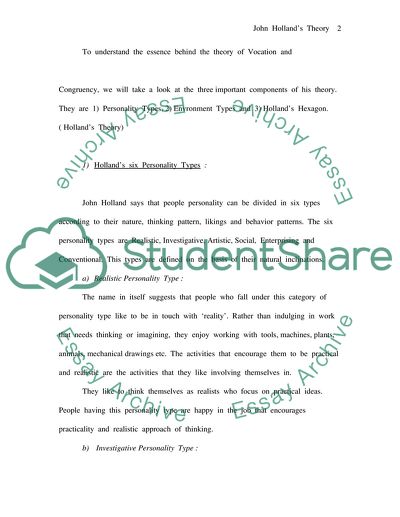Cite this document
(“Not Found (#404) - StudentShare”, n.d.)
Not Found (#404) - StudentShare. Retrieved from https://studentshare.org/psychology/1723601-john-hollands-theory
Not Found (#404) - StudentShare. Retrieved from https://studentshare.org/psychology/1723601-john-hollands-theory
(Not Found (#404) - StudentShare)
Not Found (#404) - StudentShare. https://studentshare.org/psychology/1723601-john-hollands-theory.
Not Found (#404) - StudentShare. https://studentshare.org/psychology/1723601-john-hollands-theory.
“Not Found (#404) - StudentShare”, n.d. https://studentshare.org/psychology/1723601-john-hollands-theory.


